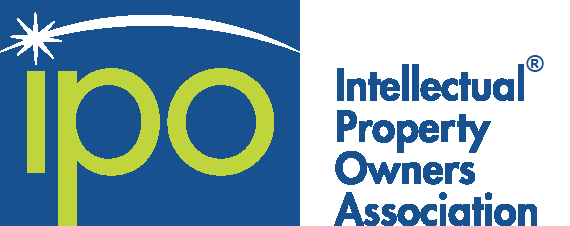Yesterday Senate Judiciary Committee Chairman CHUCK GRASSLEY (R-Iowa) introduced the “Protecting American Talent and Entrepreneurship Act of 2015,” or “PATENT Act.” A hearing is likely soon. A bill number was not available last evening. Co-sponsors are Senators PATRICK LEAHY (D-Vt.), JOHN CORNYN (R-Tex.), CHUCK SCHUMER (D-N.Y.), MIKE LEE (R-Utah), ORRIN HATCH (R-Utah) and AMY KLOBUCHAR (D-Minn.).
The 55-page bill covers most of the same issues as House Judiciary Committee Chairman BOB GOODLATTE’s H.R. 9, but differs significantly in details. Some of the main provisions of the Grassley bill are summarized below. IPO will be producing a chart shortly that will compare the bills and IPO’s positions.
Heightened Pleading — The bill creates a new standard for pleading patent infringement, requiring plaintiffs to identify each patent and claim allegedly infringed, specify products or processes alleged to infringe, and describe the alleged infringement. Where information is unavailable, plaintiffs may describe their allegations in general terms. Plaintiffs must also disclose to the court and the USPTO the identity of each assignee and its ultimate parent, each entity with a right to sublicense to unaffiliated entities or to enforce the patent and its ultimate parent, and other entities with financial interest in the patent or the patent owner or its ultimate parent.
Customer Stays — The bill allows a patent infringement suit against a customer at the end of a supply chain to be stayed while litigation proceeds against the manufacturer who is involved in a suit involving the same issues, if the customer is selling or using a technology acquired from the manufacturer without materially modifying it.
Discovery – The bill requires courts to stay discovery until resolution of motions to dismiss, transfer venue, and sever accused infringers. The bill further requires the Judicial Conference of the United States to develop rules to address other issues related to discovery in patent infringement suits including sequencing and scope and whether parties should be limited to “core documentary evidence” and bear the cost of requests beyond that information. The bill also requires the Judicial Conference to create case management procedures for patent suits.
Attorney Fees – The bill provides that upon a showing by a prevailing party that the non-prevailing party’s position was not objectively reasonable in law or fact or that the non-prevailing party’s conduct was not objectively reasonable, the court would award reasonable attorney fees to the prevailing party unless special circumstances make an award unjust. To assure recovery, the bill allows a defendant to file a statement that it holds a “good faith belief” that the primary business of the plaintiff is asserting and enforcing patents or the licensing fees that result from that activity. The plaintiff, in turn, must file a statement to certify that it possesses funds sufficient to satisfy a fee awards, demonstrate that its primary business is not patent assertion and enforcement, or identify any “interested parties,” who may then opt out of their interests in the patent or the suit. Interested parties who decline to opt out may be held accountable for attorney fees. The bill exempts certain entitles, including universities, from these certifications.
Demand Letters – The bill requires patent demand letters to identify each patent alleged to be infringed, at least one claim of each patent alleged to be infringed, each product or process allegedly infringed, describe the alleged infringement, notify the recipient that it may be entitled to a customer stay, identify any person with the right to enforce the patent, and briefly explain any proposed compensation. Letters lacking this information may not be considered evidence that any subsequent infringement was willful. The bill also provides for civil penalties under the FTC Act for anyone who engages in widespread demand letters abuse.
Transparency – The bill modifies USPTO recording rules, requiring patent holders to disclose to the USPTO any assignment of interest in a patent that results in a change of ultimate parent entity. A non-compliant party may not recover “increased damages” related to a period of noncompliance, and the court may award an adverse party costs incurred as a result of nondisclosure unless a sanction would be unjust.
Grassley indicated that he would like to add to the bill provisions that will address concerns that the AIA-created post grant proceedings at the USPTO are unfair to patent holders, but he declined to identify specific measures he might consider.

